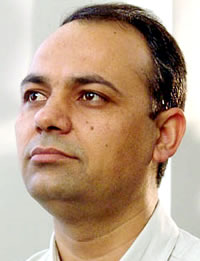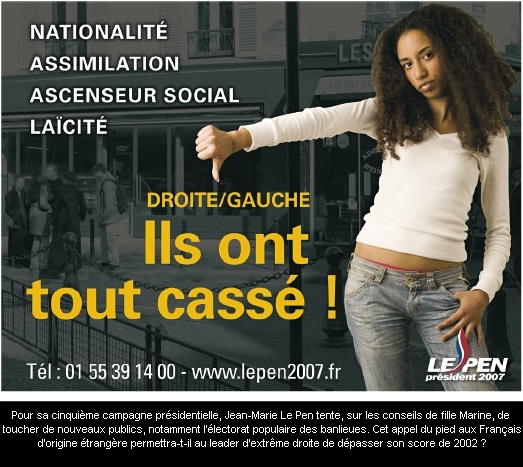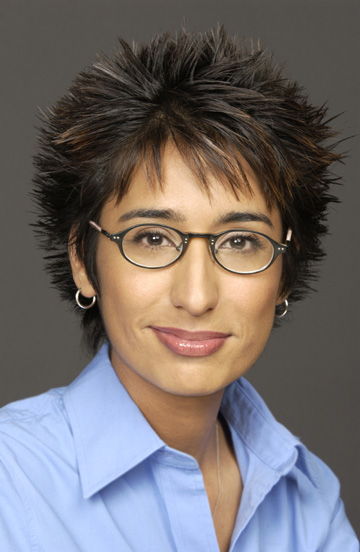Der iranische Journalist Ahmad Zeidabadi, der im Jahr 2000 in Iran verhaftet und verurteilt wurde, weil er die Selbstmordattentate der Palästinenser abgelehnt hatte, schreibt in der refomorientierten Publikation Rooz:
„We need someone like Friedrich Nietzsche to hit us hard so we are awakened to the dangers brewing within the Islamic world. And just as his declaration of ‘God is dead’ opened the aperture to the dark world out there, today, the irreconcilable nature of the modern world with the identity of Muslims has opened up the gates of horror to us.

Ahmad Zeidabadi
The assassination of Benazir Bhutto in a country whose modern identity is built on religion, is only a small example of the violence that appears to drown us, if permitted to unleash. Some Muslims who have tasted this danger at close range know of its scope and horrors. But unfortunately, there is no serious discourse among them and no practical road map to deal with it. …
I am occasionally questioned for using the term ‘us’ whenever I use the term Muslim and their violence. ‘It is they who perpetrate the violence and ‘we’ are not part of ‘them’’, they protest. The reality is that when I read the writings of some of these secular thinkers in the Islamic world I am astounded and perhaps even envious of how naïve they are in the lines they draw between themselves and the Islamicists. They believe that by changing their own views they acquire an identity that is independent from their native culture and have a destiny that is different as well.
I think they have only eliminated the façade of the problem. Certainly this is one way to simply shake off some of the baggage and tensions that they carry. I believe that anybody born in a place that has the stamp of Islam on it is at least partly subject to the historic and identity destiny of that culture, regardless of whether he accepts it or not.
Salman Rushdie may be among Muslims who denied having the same destiny and put that in words that are said to be insulting to the prophet of the Muslims, but his destiny has not turned out much different because Ayatollah Khomeini’s death fatwa has been following him ever since, depriving him of his desired and normal life.
So there is a group that I label ‘we’ or ‘us’ which is undergoing a historic crises vacillating in choice between the modern and the traditional worlds, roots, and identity – or somewhere in between. This crisis boils in some violent and bloody spheres, and ironically has even appeared in the centers of Western civilization.
…
So, a problem that is rooted in our world and had to be resolved by us, is now imposed on others who will resolve it to their own benefit – if of course they succeed in resolving it. In other words, we have been driven to the periphery in our own country of origin, while this periphery is dangerous and unsafe.“
Ganzer Text hier.





